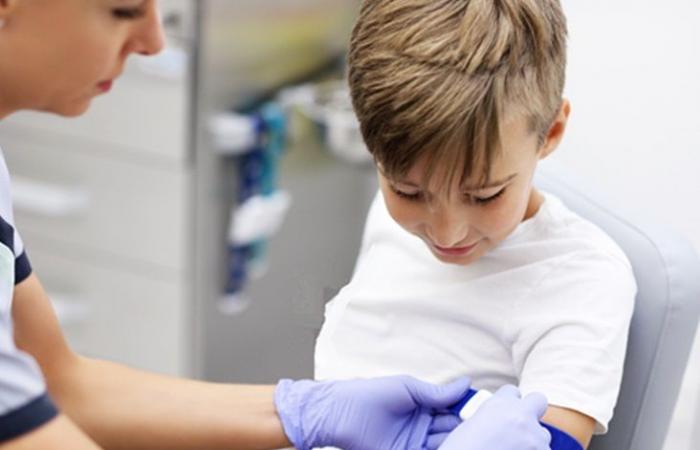The computer tool is intended to be easy to use and effective in screening for anxiety and depression in children undergoing surgery.
The single-center study shows, for the first time, that:
- more than half of children who undergo surgery suffer from anxiety;
- more than a third suffer from depression.
« The KCAT® tool was designed for these pediatric patients in the preoperative setting is entirely feasible and the results of our pilot study show a substantial prevalence of these mental health disorders in this surgical population,” confirms lead author Dr. Elizabeth Pealy, professor of anesthesia and intensive care at the University of Chicago. “Anxiety and depression are caused by many factors. Many children are already anxious before surgery, and the stress of the procedure itself can increase this anxiety. »
-
The overall incidence and prevalence of anxiety and depression in children is already increasing in the general population,
in rich countries like the United States.
- The illness or injury that will require surgery may cause the development of stress or anxiety.
- Then, the prospect and imminence of surgery can also cause anxiety or even depression.
It is difficult for pediatric anesthesiologists to determine if children are experiencing severe undiagnosed anxiety disorderswhich may contribute to a risk of complications during induction of anesthesia, during prolonged recovery, increased postoperative pain, and decreased quality of life.
It is therefore necessary to have a screening tool for these pathologies.
KCAT, a computerized adaptive mental health assessment tool, is tested here preoperatively with 65 “pediatric surgical” patients, aged on average 13 years, undergoing elective surgery in order to assess the prevalence of anxiety and of depression. According to the analysis, the KCAT tool indeed allowed rapid and accurate assessment of anxiety and depression without the need for a trained clinician. The tool can be used via a simple tablet and allows this real-time assessment in the perioperative setting. The analysis reveals that:
- 57% of young participants tested positive for anxiety;
- 34% positive for depression screening;
- The tool confirms its ability to quickly assess and capture levels of anxiety and depression in these children, preoperatively.
Further studies are planned which will attempt to determine how to use this data to better meet the needs of these young patients to improve their experience and surgical outcomes.
Health






